ACELA1452
Explore differences in words that represent people, places and things (nouns, including pronouns), happenings and states (verbs), qualities (adjectives) and details such as when, where and how (adverbs)
Elaborations
- talking about effective words that describe a place, person or event (Skills: Literacy, Personal and Social Capability)
- learning how a sentence can be made more vivid by adding adjectives, adverbs and unusual verbs (Skills: Literacy, Critical and Creative Thinking)
- Plus Plan
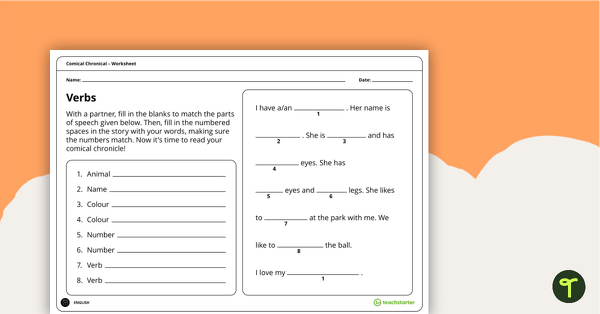
Comical Chronicle Worksheets – Year 1
A set of 10 ad-lib style stories for students to complete.
- Plus Plan
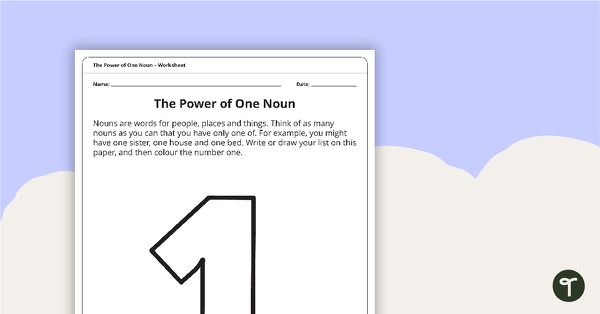
The Power of One Noun
A worksheet that can be used when studying nouns or as a getting to know you activity.
- Plus Plan
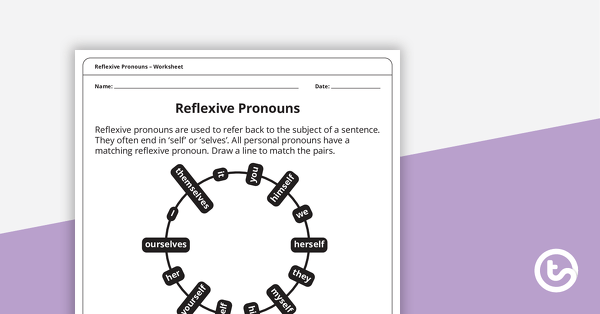
Reflexive Pronouns – Worksheet
A worksheet that focuses on reflexive pronouns.
- Plus Plan
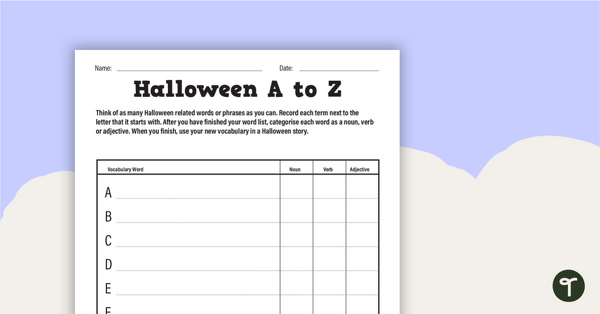
Halloween A to Z - Vocabulary Activity
Improve vocabulary and knowledge of nouns, verbs, and adjectives with a printable Halloween worksheet.
- Plus Plan
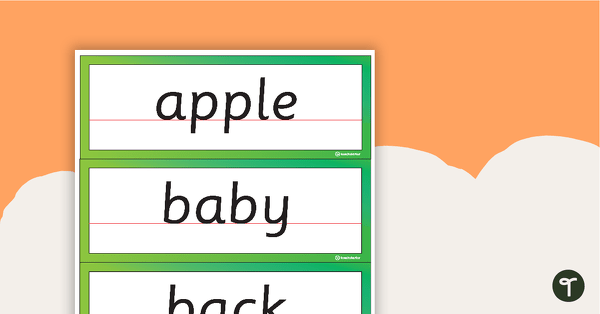
Sight Word Cards - Dolch Nouns
Dolch Nouns sight words on flash cards.
- Plus Plan
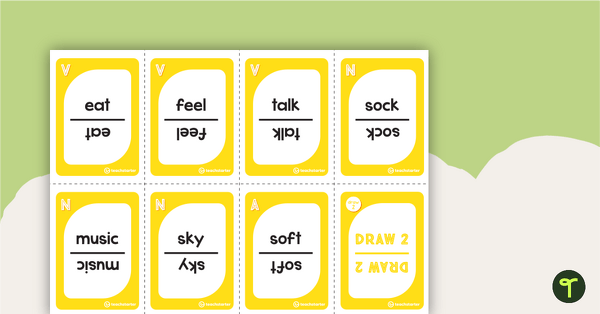
Parts of Speech Card Game – Lower Years Classroom Game
A card game for nouns, verbs and adjectives.
- Plus Plan
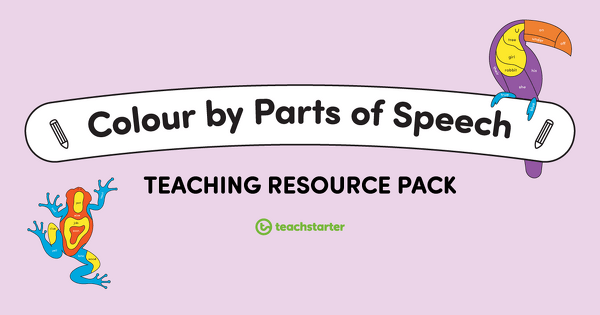
Colour by Parts of Speech Teaching Resource Pack
A collection of colouring worksheets that use parts of speech as indicators.
- Plus Plan
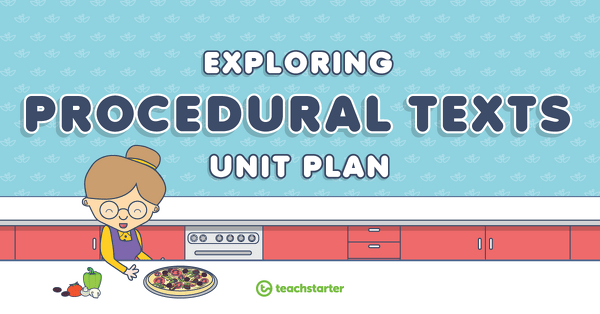
Exploring Procedural Texts Unit Plan
This English unit has been designed to introduce procedural texts to younger students. It addresses the purpose, structure and language features of instructions and recipes.
- Plus Plan
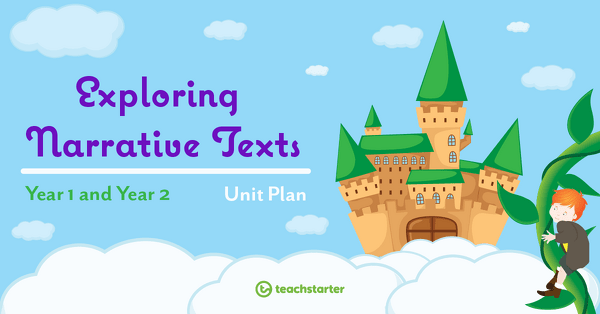
Exploring Narrative Texts Unit Plan - Year 1 and Year 2
This English unit uses fairy tales to introduce the narrative text type to younger students. It addresses the structure, characters and language features of a narrative.
- Plus Plan
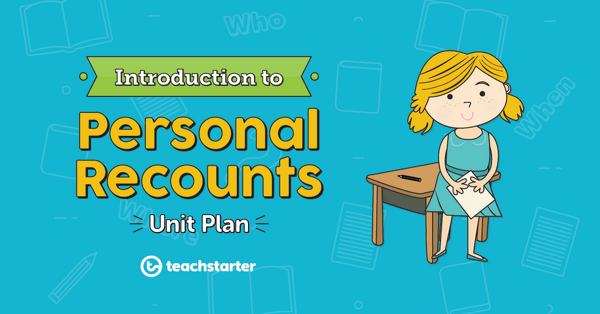
Introduction to Personal Recounts Unit Plan
This English unit has been designed to introduce the recount text type to younger students; specifically, the purpose, structure and language features of personal recounts.
- Plus Plan
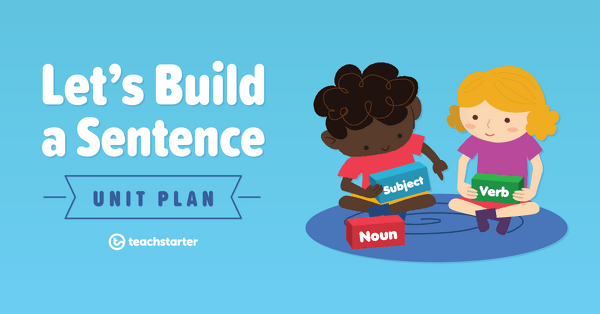
Let's Build a Sentence Unit Plan
This English unit has been designed to introduce the key components of simple and compound sentences to younger students; specifically, capital letters and punctuation; verbs, nouns, adjectives and conjunctions.
- Plus Plan
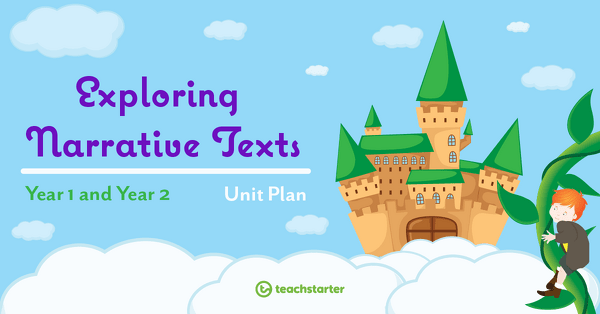
Dressing Up Sentences for Narrative Writing
A 60 minute lesson in which students will use descriptive language to add additional detail to sentences.
- Plus Plan
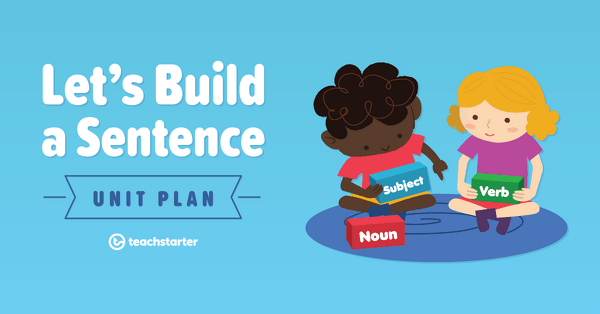
Using Adjectives to Describe a Character
A 60 minute lesson in which students will use adjectives to describe the personality and appearance of characters.
- Plus Plan
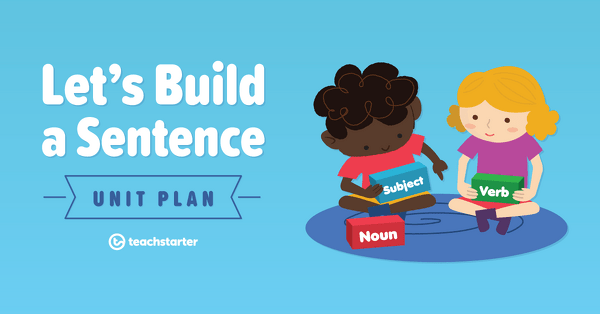
Using Adjectives
A 60 minute lesson in which students will identify that an adjective provides information about a noun and is often called a describing word.
- Plus Plan
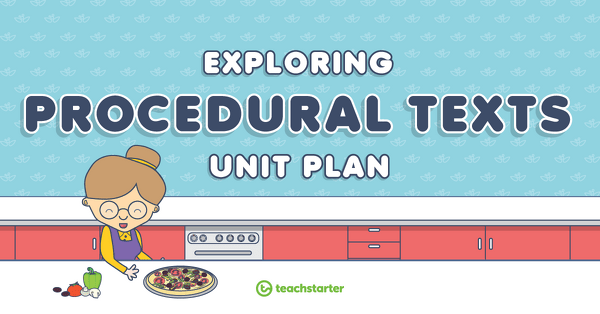
Simon Says!
A 60 minute lesson in which students will explore action verbs, common nouns and adverbial phrases in procedures.
- Plus Plan
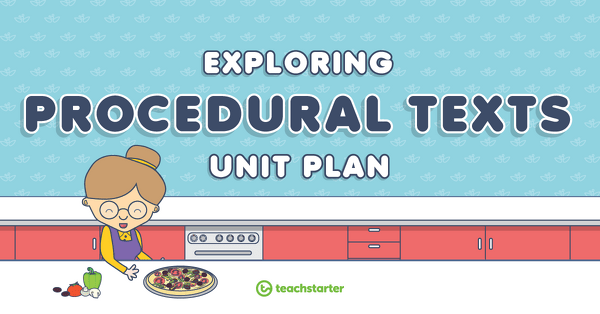
Procedural Texts - Language Features
A 60 minute lesson in which students will identify and explore the language features of procedures.
- Plus Plan
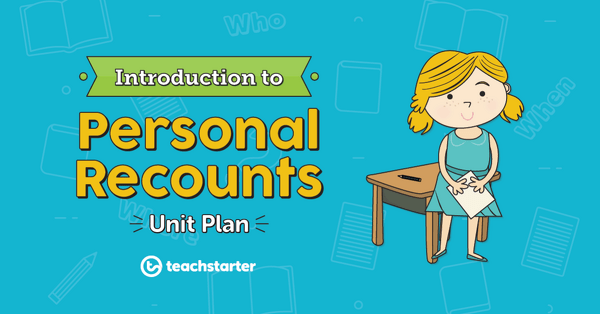
Adding Detail Using Emotion Words
A 60 minute lesson in which students will investigate how emotion words can add detail to a personal recount.
- Plus Plan
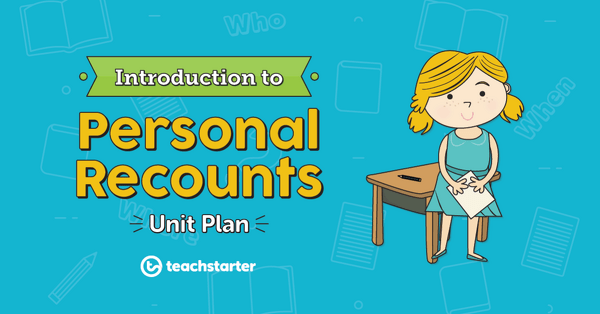
Adding Detail Using Describing Words
A 60 minute lesson in which students will investigate how descriptive words, such as adjectives, can add detail to a personal recount.
- Plus Plan
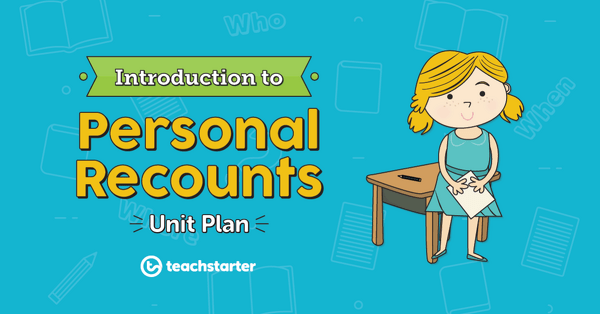
Action Verbs in Simple Past Tense
A 60 minute lesson in which students will investigate how action verbs can be expressed in simple past tense.
- Plus Plan
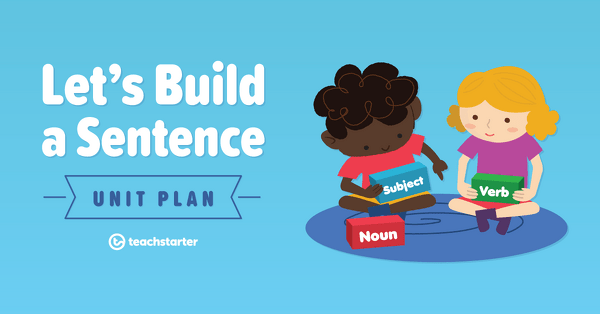
Common and Proper Nouns
A 60 minute lesson in which students will identify that a noun is a naming word used for a person, place or object.
- Plus Plan
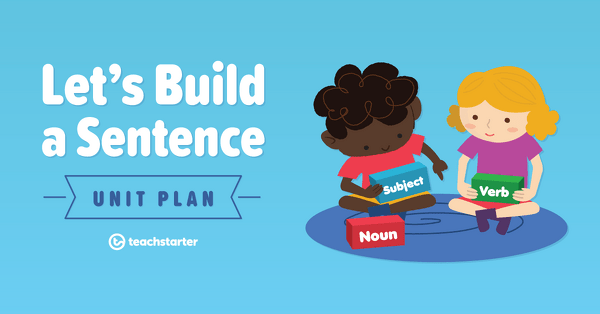
Very Important Verbs
A 60 minute lesson in which students will identify that a verb describes an action in clauses or sentences.